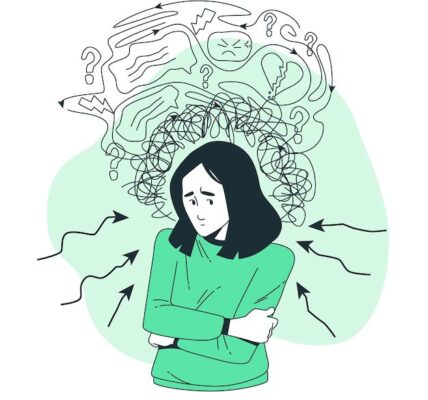Our minds are often overwhelmed with thoughts, worries, and distractions in today’s fast-paced world. Journaling is a powerful tool that helps organize thoughts, process emotions, and improve mental clarity. Whether you’re dealing with stress or anxiety or simply want to reflect on your day, putting your thoughts on paper can have profound benefits.
Writing engages multiple brain regions, including memory, emotion regulation, and problem-solving. Studies have shown that regular journaling can:
Reduce stress and anxiety by helping you process emotions
Improve problem-solving skills by clarifying thoughts
Enhance self-awareness and emotional intelligence
Boost creativity and cognitive function
By making journaling a habit, you can develop a stronger connection with your inner self and gain better control over your emotions.
Reduces Stress and Anxiety
Writing about worries helps remove them from your head, making them feel less overwhelming. Journaling is an emotional release, allowing you to process negative feelings and find solutions.
Increases Self-Awareness
Journaling encourages reflection. Reviewing past entries lets you identify patterns in your emotions and behaviors, which can help you make positive changes.
Encourages Problem-Solving
When you write down a challenge, your brain starts working on solutions. Journaling can provide new perspectives on problems, making it easier to find resolutions.
Helps Regulate Emotions
Expressing emotions through writing activates the brain’s rational part, making feelings easier to manage. This is particularly helpful for those struggling with mood swings or emotional distress.
Improves Sleep Quality
Writing before bed can help clear your mind of racing thoughts, making it easier to fall asleep. Try a “brain dump”—writing down everything on your mind before sleeping—to promote relaxation.
Boosts Gratitude and Positivity
Gratitude journaling is an effective way to shift focus from negativity to positivity. Writing down three things you’re grateful for daily can improve overall happiness.
Choose Your Format
A traditional notebook
A digital journal or note-taking app
A structured journal with prompts
Set a Journaling Routine
Dedicate 5-10 minutes daily to journaling. Consistency is key in the morning for goal-setting or at night for reflection.
Use Different Journaling Styles
Stream of Consciousness Writing: Write whatever comes to mind without filtering your thoughts.
Gratitude Journal: List things you’re thankful for.
Goal Setting Journal: Outline your goals and track progress.
Reflection Journal: Write about experiences and lessons learned.
Be Honest and Non-Judgmental
Your journal is a personal space—write freely without worrying about grammar or structure.
Experiment with Prompts
If you’re unsure what to write about, try prompts like:
“What’s one challenge I faced today, and how did I handle it?”
“What made me happy today?”
“What’s something I need to let go of?”
Journaling is a simple yet transformative habit that can enhance mental clarity, emotional well-being, and self-awareness. Whether you use it to release stress, track personal growth, or boost positivity, journaling offers a private and powerful way to understand yourself better. Start today and experience the benefits firsthand!






